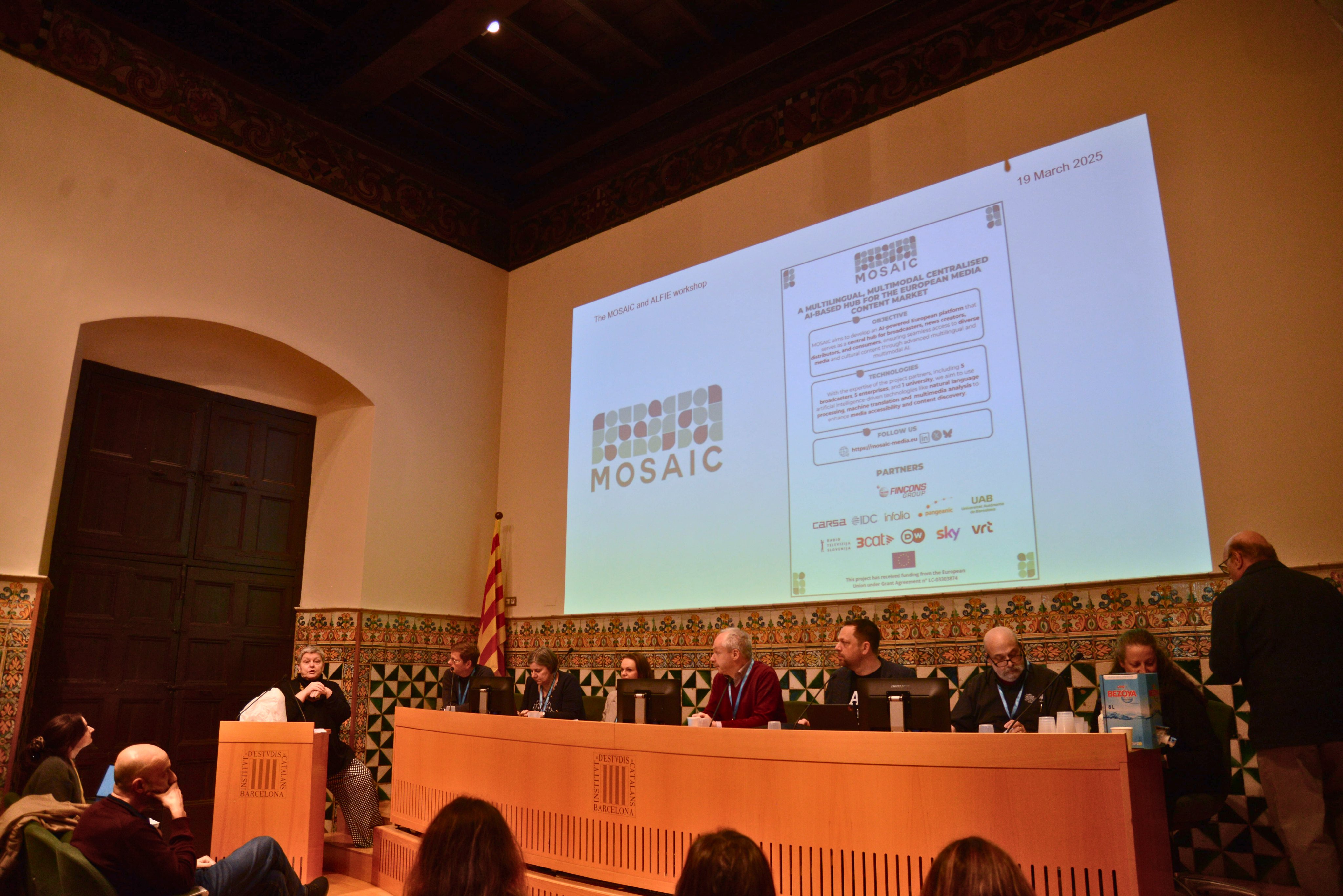This year, marking its tenth edition, the conference has served as a platform for knowledge transfer, debate, and networking in the field of accessibility.
The ARSAD (Advanced Research Seminar on Audio Description) started in 2007 as a small-scale seminar with around 25 participants interested in audio description. Since then, ARSAD has expanded and has become the international reference conference in this field. Each edition surpasses its own attendance records: this year, for its tenth edition (the conference is held biennially), it has brought together a community of over a hundred people, including researchers, industry representatives, entrepreneurs, users, and policymakers to take stock of the past, present, and, most importantly, future of this access service.
The conference, organised by TransMedia Catalonia with the support of the AccessCat Network, took place from 19 to 21 March in Barcelona. The present edition, its 10th, mainly focused on the emergence of Artificial Intelligence (AI) and its integration, possibilities, and shortcomings in the field of audio description.
Beyond AI, the conference covered topics such as experimental audio description, film and audio description, translation, subtitling, accessible video games, plain language, and projects from network groups such as ALFIE, MOSAIC, WEL, and ENACT, among others. The ARSAD website features the programme, including PDF presentations from panel speakers.
This edition of ARSAD has served as a platform for knowledge transfer for dozens of researchers from the AccessCat Network's groups TransMedia Catalonia, TraDiLex, and TRACTE, who participated through panels, workshops, and networking spaces. The network’s affiliated entities were also present, both as attendees and as contributors sharing their professional expertise during the sessions. The conference has provided a space that, over three days, has hosted dozens of discussions, debates, and collaborations in the field of audio description and accessibility.



